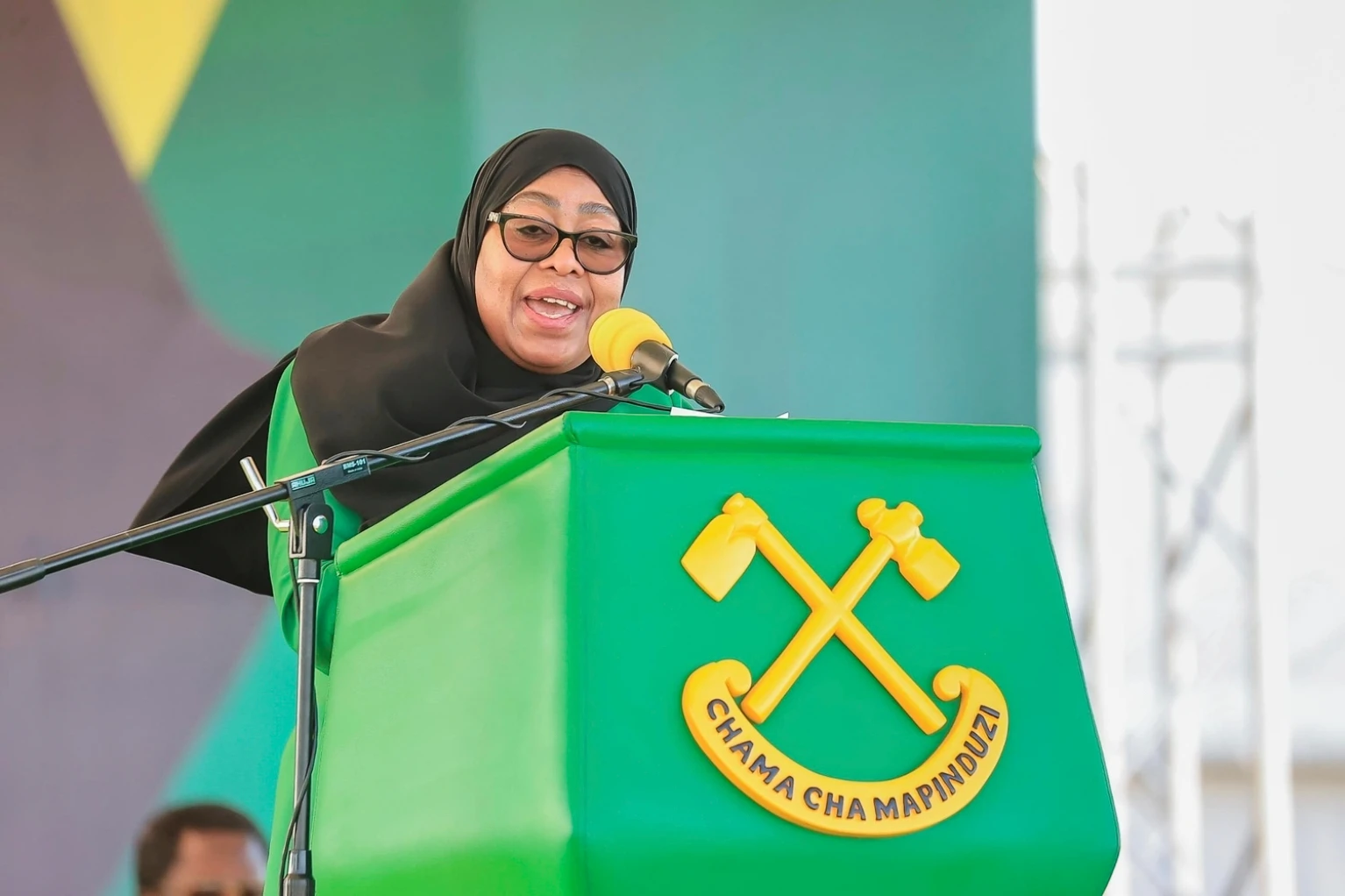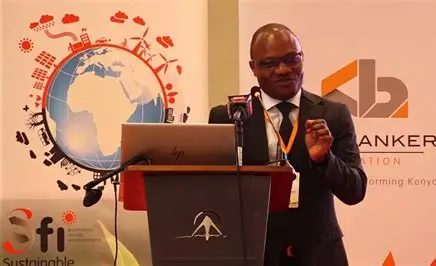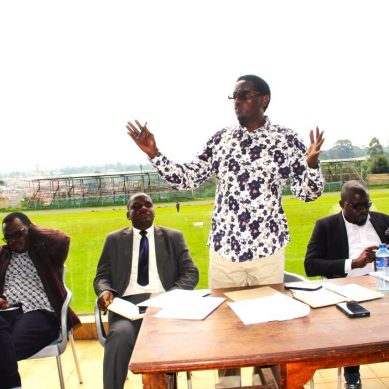
Debbie and her husband, Paul, adopted two special-needs children from a Romanian orphanage in the 1990s, and they’ve been trying to make them citizens almost ever since. Only first first names of the parents are used because they fear endangering their adopted children.
The California couple watched a “20/20” television special about the plight of children there – they called them “unsalvageable,” they didn’t learn to read, there wasn’t enough food. The couple was middle-class, with three biological children. But Debbie couldn’t sleep thinking about those kids, cold and hungry. So they refinanced their house to bring home two, a boy and a girl.
“We thought we had to get these children out of there. Then we’ll deal with what we need to deal with,” Debbie said.
The boy was 10, and so small, just 40 pounds, that the school allowed him in kindergarten. The girl was 14 and legally blind, with limited vision in just one eye. They both had physical and cognitive impairments; the doctors believed the boy suffered foetal alcohol poisoning.
The family was overwhelmed by their needs. Their new son was curious – in another life, he might have been an engineer, Debbie thinks. But in this one, they had to nail the front door shut because he’d wander out at night. He was fascinated by electricity, and couldn’t be left alone without fear he’d start a fire.
Emily Howe, a lawyer in California, assures them they did everything they could.
“We thought we did it the right way, we tried to, I hope we did,” Debbie said. “Maybe we were naive. Maybe there was something we missed.”
They consulted with dozens of lawyers, who all said it couldn’t be fixed – it was a convoluted calculation of the children’s ages, how their birth certificates were written, their visas. They can’t tally how many thousands of dollars they’ve spent.
“It’s dumb, it’s outrageously dumb, it should not be this monstrous task,” Howe said. “This could be fixed in a month if anyone had the political will to do it.”
Their son, 43, doesn’t understand the situation he’s in. But their daughter understands. She’s a Special Olympian, now 46, with a stack of gold medals. She can’t compete in international competitions because she can’t get a passport.
“I want to be a citizen really bad,” their daughter said. “I want to be here for a long, long time.”
They’ve called their legislators. Debbie wept again and again: “My adopted children deserve all the privileges of my birth children. They are no different in our eyes. Why are you looking at them differently?”
Everyone told them not to worry because they aren’t the type of people on immigration’s radar. Then Trump’s administration terrified them. Debbie lay in bed, thinking her children couldn’t survive a detention camp. She imagined someone barging into their home and snatching them. It made her physically sick.
Debbie and Paul are in their late 60s, and feel an urgent need to fix this.
“The clock is ticking,” Debbie said. “I have zero regrets about adding these two to my family. But this country let them down, absolutely, without a doubt.”
For most of her life, Joy Alessi was a proud patriot, who got teary-eyed when Garth Brooks sang about America. But patriotism is confusing for her now – as it is for many of the adoptees who’ve found themselves in this predicament.
Alessi and Buttons hadn’t seen their friend and fellow adoptee, Leah Elmquist, since she became naturalised.
“Do you feel different? Do you feel like a citizen?” Alessi asked her, when they met for dinner at a Korean barbeque.
Elmquist had always considered herself “super-duper American.” She served in the Navy for 10 years; she was in a USAA commercial. That was all before she was actually made an American. She told Alessi she doesn’t feel any differently now.
“I felt like a citizen for the decade I was in the Navy. And I wasn’t one,” she said.
Elmquist was adopted from South Korea as an infant in 1983, just six months too old to get citizenship by the 2000 legislation.
She grew up in a white family in a Nebraska town with two stop lights. She can cite what her adoption decree declared her parents had done: they “do hereby bestow upon said minor child equal rights, privileges and immunities with children born in lawful wedlock.”
That was not true, but she only learned that later.
“That’s why I joined the military. I felt so lucky to be an American, ironically. I wanted to thank this country for raising me,” she said. “I didn’t think about citizenship because I felt I was being more American than most Americans.”
She excelled in the military, but wasn’t eligible for certain security clearances. She’s wanted to serve as a linguist, but couldn’t. After leaving, she laid low, terrified of deportation. When Trump won election in 2016, she felt a fear more intense than the night before she deployed to Iraq.
Alessi pulled up a photo of Elmquist in 2019, standing behind a podium marked with the seal of the US House of Representatives. Elmquist was wearing her military uniform, and Alessi recalled that the room went quiet, all you could hear was the “click click click” of cameras.
Elmquist remembered what she’d said: “I fought for my country, now it’s time for my country to fight for me.”
It didn’t. That session, the bill didn’t pass.
Elmquist was rejected multiple times by immigration. Finally, she made it to an interview, and had to prove she could read and write English. Her interviewer was a veteran, like her, and said it seemed weird she was there. “Tell me about it,” she remembers responding.
She was naturalized in 2022, the day before her 40th birthday. She likes to look back at her picture on the front page of the local newspaper.
“I can see how happy I was,” she says. “I almost cried.”
“I can imagine,” Buttons responded.
She smiled, and wiped away a tear, imagining that one day maybe she’d feel that too.
- An AP report








